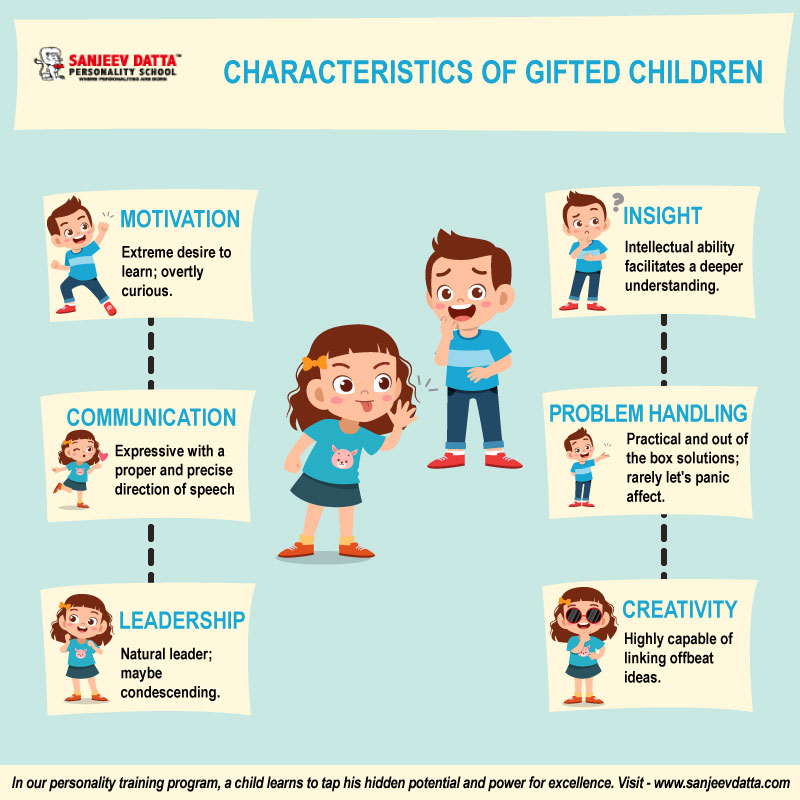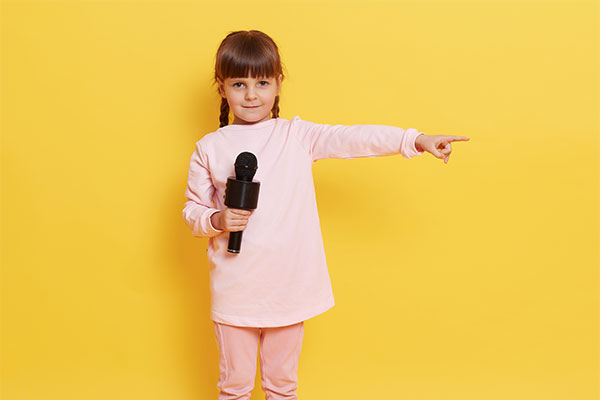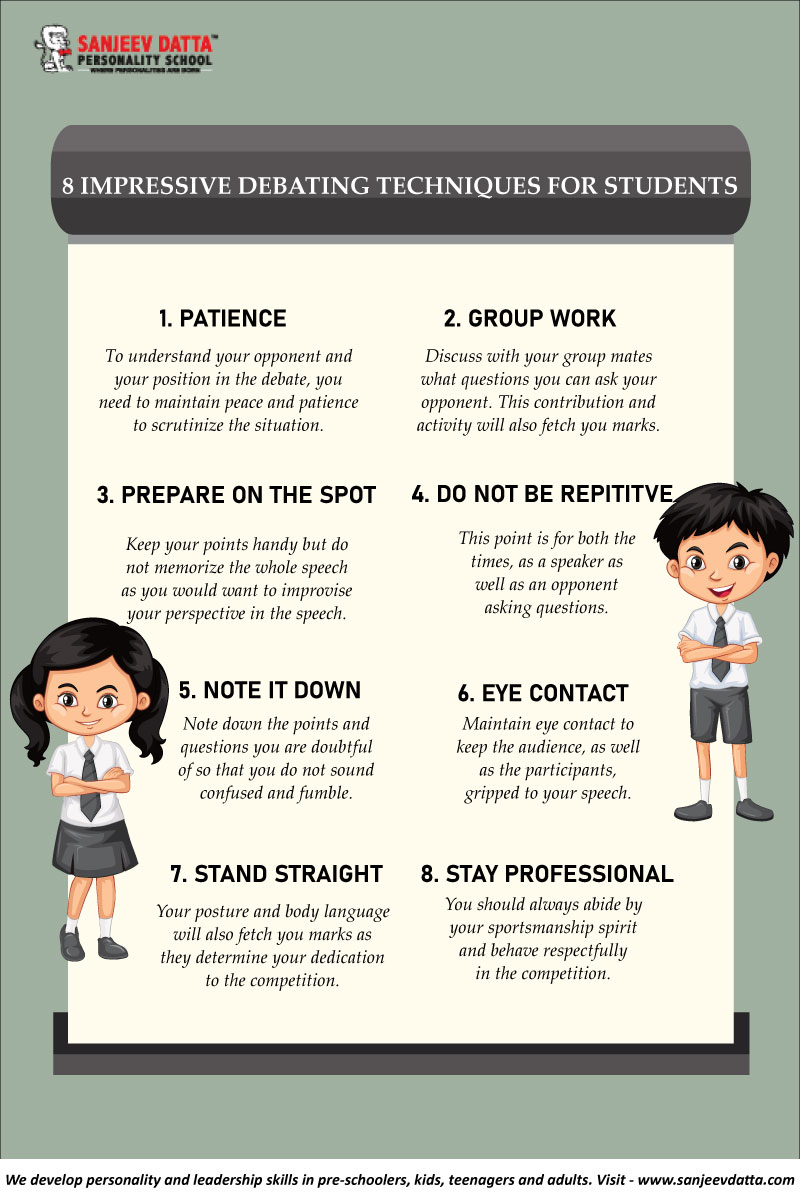Parents are always on the lookout for the most effective activity to engage their kids in. They hunt for options that will not only keep their little ones occupied but also cater to their development. An arena that can promise a wholesome experience and holistic development for your kids is theatre. At this point, you might be wondering why are their theatre classes for kids? How would I know whether my little one aspires to become an actor or has it in him or her to become one? These doubts arise from the common misconception that theatre classes aim to produce actors. What theatre classes essentially work towards is the enhancement of one’s overall personality through the medium of performance. Read on to discover why you have to consider dropping your kids off at a theatre class.
Below listed are some reasons to support theatre classes for kids:
- Builds Confidence:
Performing on stage is an act that demands one to muster a lot of courage and put in a lot of effort. Once a performance is done, it will give a sense of achievement and confidence to kids. They will become comfortable under the spotlight and will shed off any remnants of inhibition. Their expressions will be free of any hindrance and will enable them to confidently present any role on stage. This confidence will benefit them in the long course of life and will encourage them to take up leadership roles, give confident presentations, and express themselves freely.
Visit: confidence building activities for kids
2. Increases Adaptability and Flexibility:
Humans are generally resistant to change. Kids particularly love to be in familiar, comfortable zones with their parents fawning over them. A dynamic space like a theatre class will jolt them out of their comfort zones and teach them the importance of adaptability. Each performance and role will demand a unique style of expression. This will require kids to shift smoothly between roles and do justice to each. This will improve their adaptability and flexibility. They will get a taste of the ever-shifting nature of life and the need to survive through it. Kids will also realize the vastness of their potential and will be encouraged to tap further into it.
Visit: benefits of drama and play in education
3. Enhances Creativity:
Children are naturally inclined to various forms of expression of creativity. While some children scribble, paint, sing, synchronization others engage in role-playing. Theatre is a space that offers kids a wide range of possibilities to display their creative side. Theatre classes can identify specific areas of strength and help the child utilize them better. The opportunity to express themselves will in effect enhance their creativity.
Visit: how to keep child busy
4. Polishes Public Speaking Skills:
An important element of theatre is the emphatic delivery of dialogues. Theatre classes for kids will train the vocal of performers to adapt it to the demand of different characters. They will be trained to master voice modulations and clear articulation. It will also give clarity and speed to their thoughts. On a whole, theatre classes will develop the public speaking skills of your kids.
Visit: exposure therapy for kids
5. Exposure to Multiplicities:
Theatre is an avenue for exposure. Kids enrolled in theatre classes will get to be around a very diverse group of kids from various walks of life. Being around kids with who they do not immediately identify will educate them about the existence of various identities and the need to work together positively with each one of them. It will also allow kids to see through the prejudices that have been stacked against certain sections of society.
6. Builds meaningful bonds:
A theatre group will be a close-knit group of members who can establish a dynamic of their own. The understanding of the group is such that it allows one to forge friendships that can stand the test of time. Kids will get an early opportunity to understand the value of relations and the importance of nurturing them. Forging new friendships can bring in many positive influences to a kid’s personality.
Visit: Games to improve presence of mind
8. Personality development:
All of the benefits gained through exposure to the theatre will finally add up to the overall development of the child’s personality. S/he would have imbibed much of the personality traits sought for by firms around the world. Personality development for kids is thus made possible by theatre classes that also manage to creatively engage them. Theatre classes with such impressive results are provided by the best personality development institute.
Given this long list that does not exhaust the benefits to be gained by kids from theatre classes, it is recommended that parents try out methods like TAM or Theatrical Action Method, a copyrighted technique developed by Sanjeev Datta, Theatre Expert & Master Spirit Life Coach and Viram Datta, psychologist. It blends techniques and concepts of theatre and techniques in education, performance theatre, edu-drama, and other elements. It contributes to academic excellence, better observation, and analytical skills, leadership skills along significant development of one’s overall personality. The question of why theatre classes for kids will be answered by the wondrous enhancement of your kid’s personality.
In our specialized classes for personality development for kids, we also train in improving talk flow and jaw conditioning which helps the child in speaking the English dialect with confidence. Socialisation and exposure are taught through enhancement of vocabulary and pronunciation.










